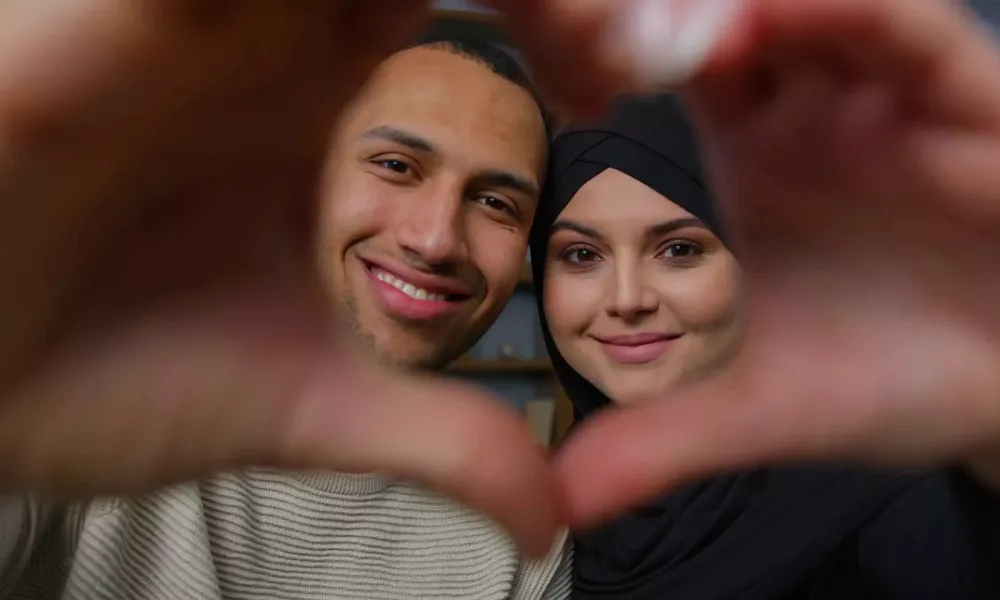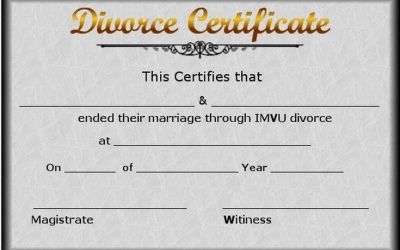
Sharia Marriage for Tourists in Bahrain (2025 Guide)
Table of Contents ▼
If you are a Muslim couple traveling to Bahrain and considering Sharia marriage, it’s important to know the country’s legal framework. Bahrain is a Muslim-majority nation, and Sharia law governs personal status matters like marriage.
However, for tourists, getting married under Sharia law in Bahrain is not straightforward. This guide explains the requirements, limitations, and possible alternatives for Sharia-compliant marriage for tourists in Bahrain in 2025.
Table of Contents
Can Muslim Tourists Marry in Bahrain Under Sharia Law?
No, Muslim tourists on tourist visas generally cannot get married in Bahrain under Sharia law. Bahraini law requires that at least one of the partners be a legal resident of Bahrain. Tourists do not meet this residency condition, and as a result, they are not eligible for official marriage under Islamic law within the country.
In 2025, this rule remains strictly enforced, with no legal exemptions announced for visitors. Couples looking to marry in Bahrain must first understand and meet the residency requirements or consider other destinations where tourist marriages are recognized.
Alternatively, they can look for other options like Sharia marriage in Dubai, where the process is a bit relaxed, and they only need court approval.
Legal Requirements for Sharia Marriage in Bahrain
To do Sharia marriage in Bahrain, couples must fulfill certain conditions set by Bahraini law. These apply to both locals and foreigners residing in the country.
1. Residency Requirement
At least one partner must hold a valid Bahrain residency permit. This is the primary legal requirement. Tourists on a visit visa or entry visa are not considered residents and are therefore ineligible to register a Sharia marriage.
2. Medical Examination
A premarital medical check-up is mandatory. This must be done in a government-approved hospital or clinic in Bahrain. The couple must submit the medical certificate during the marriage registration process.
3. No Objection Certificate (NOC)
Foreign residents must obtain a No Objection Certificate (NOC) from their embassy. In some cases, a NOC may also be required from the individual’s employer or local sponsor. These letters confirm that there are no legal barriers to marriage.
4. Valid Identification Documents
Both individuals must provide:
- Passports
- National ID cards (if applicable)
- Residency permits for non-Bahraini residents
5. Guardian’s Consent
Sharia law requires the bride’s guardian (wali) to give consent. This condition is non-negotiable in most Islamic countries, including Bahrain. For women who have been married before, proof of divorce or the death certificate of the previous spouse may be required.

Why Tourists Cannot Get Married in Bahrain
The biggest issue for tourists is residency. Since Bahraini law applies only to those who reside in the country, tourists on short-term visits cannot access the local marriage registration system. Other challenges include:
- No Local Sponsor: Many documents require a sponsor’s approval, which tourists typically do not have.
- Limited Timeframe: The process involves several steps, including medical tests and document approvals, which are difficult to complete during a short visit.
- Restricted Jurisdictions: Bahraini courts and religious authorities usually handle only those cases that fall within their legal jurisdiction, which excludes tourists.
Can two Muslim tourists marry in Bahrain?
No. Bahraini law requires at least one partner to be a legal resident. Two tourists cannot get married under Sharia law in Bahrain.
Is there a legal workaround for tourists?
Not within Bahrain. However, Muslim couples may legally marry abroad in a country with less strict residency requirements, such as Sharia marriage in Abu Dhabi, and later seek recognition in Bahrain if needed.
Final Thoughts
As of 2025, the answer is no—Muslim tourists cannot legally marry in Bahrain under Sharia law unless one partner is a legal resident. The requirement for residency, combined with other practical hurdles like medical certificates, guardian consent, and embassy NOCs, creates a legal barrier for tourists.

